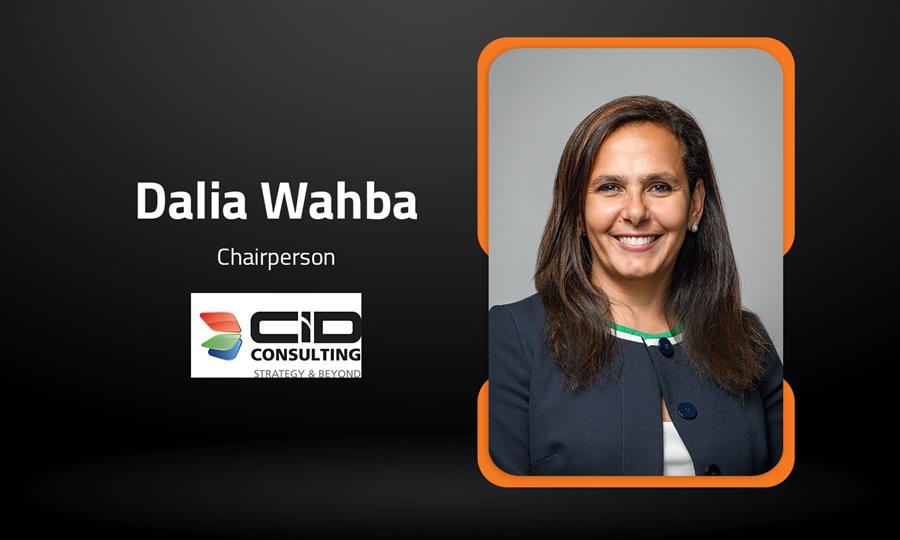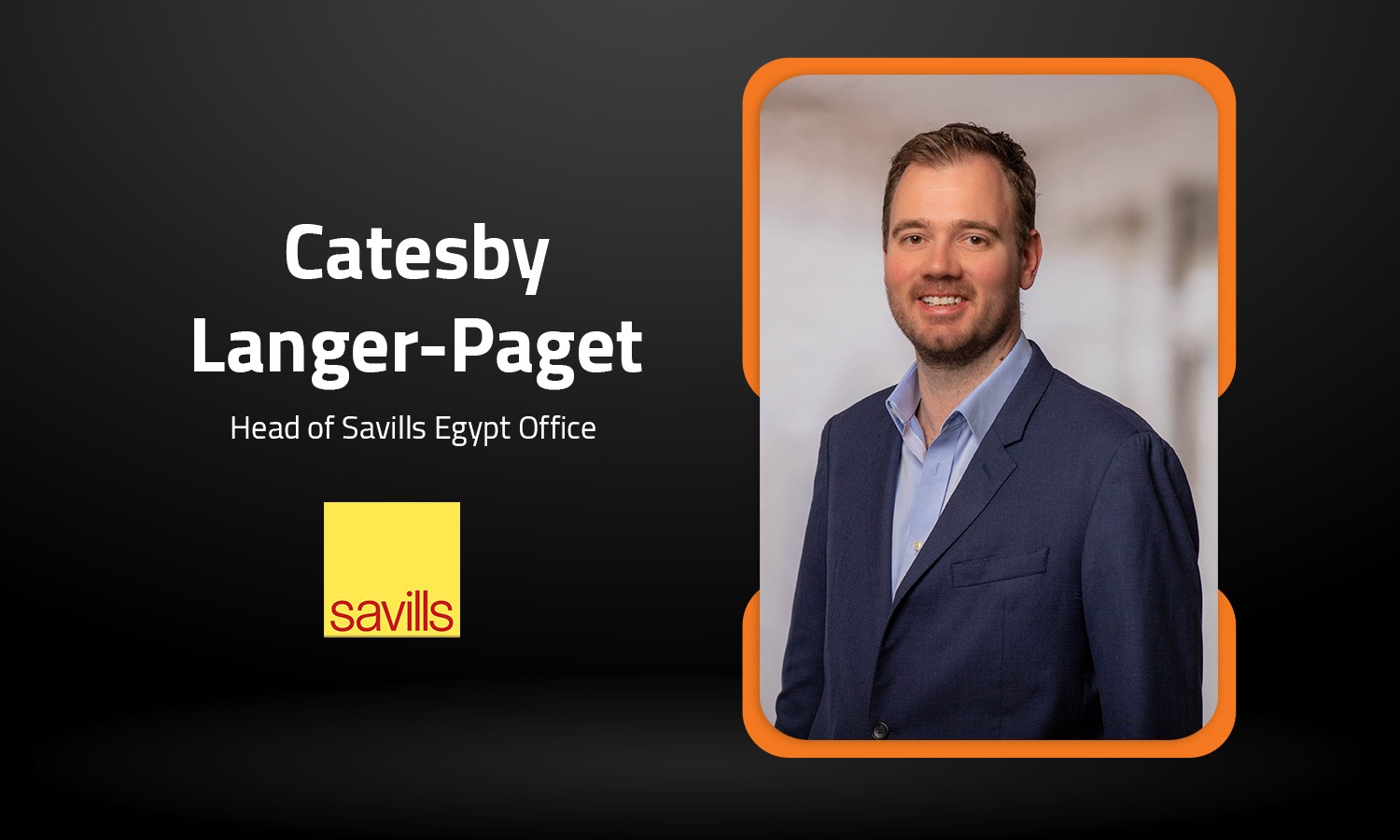Shaghalni: Bridging Egypt's Job Gap, From Online to On-Site Success
Updated 4/8/2025 8:00:00 AM
Arab Finance: In a country grappling with economic stability and ongoing unemployment challenges, recent data from the Central Agency for Public Mobilization and Statistics (CAPMAS) highlights a substantial segment of the workforce actively pursuing employment opportunities. With the unemployment rate at 6.4% in the fourth quarter (Q4) of 2024, the demand for effective job placement strategies is paramount.
That is why Arab Finance sat down with Omar Khalifa, CEO of Shaghalni, a strategically-positioned platform to tackle this issue by connecting job seekers with employers. This interview explores Shaghalni's pioneering approach, its influence on Egypt's job market, and its ambitious plans for future growth.
1-What inspired you to launch Shaghalni in 2016, and what specific challenges did you identify for intermediate diploma holders in the Egyptian job market?
During my university years, I noticed how helpful job fairs were in connecting students with opportunities. However, I realized that these platforms primarily served few people, leaving the rest of society with limited access to employment opportunities.
For instance, factory owners were eager to hire, and young people were actively seeking jobs, yet a reliable link between the two groups was missing. This disconnect inspired me to create Shaghalni as a platform to bridge this gap and provide equitable access to job opportunities for individuals with intermediate diplomas.
2-What core services does Shaghalni offer job seekers and employers? What makes these services unique compared to other job platforms?
Initially, we focused on providing online services that young people could register on our website and connect with companies for free. Meanwhile, employers paid for recruitment services tailored to their needs.
However, over time, we discovered that online platforms alone were not sufficient for certain sectors due to trust issues and scams targeting job seekers. To address this, we transitioned into a hybrid model that combines online services with physical branches.
This approach allows candidates to attend interviews directly at our offices, building trust and credibility while differentiating us from other platforms. This hybrid model has proven effective in creating a more accessible and trustworthy environment for both job seekers and employers.
3-What are your expansion plans beyond Cairo and Sohag? How do these branches cater to the needs of different people in different areas?
Our expansion strategy extends beyond Cairo and Sohag, recognizing the distinct employment landscapes across Egypt.
In Sohag, we address the limited local job market by proactively sourcing opportunities in high-demand sectors like tourism and hospitality within the Red Sea region. In 2024, this initiative successfully placed 1,000 individuals in hotels across Soma Bay and Gouna, demonstrating our commitment to connecting Upper Egypt's workforce with viable employment.
To further broaden our national reach, we are implementing a multi-faceted expansion plan. This includes establishing a network of smaller, strategically located employment centers. A key component of this effort is our partnership with Orange Egypt, which facilitated the creation of 18 mini-branches. These branches are staffed with recruiters conducting on-site interviews, ensuring localized and personalized support.
Furthermore, we are leveraging technology to enhance efficiency and scalability. We are in the process of launching AI-powered virtual interviews, which will enable us to reach a wider pool of candidates and streamline the recruitment process across diverse geographical areas.
4- How many users does Shaghalni serve, and how do they utilize your services?
Since inception, our database includes around 2 million users who have registered either online or offline. However, we prioritize serving active job seekers rather than relying on outdated data. This ensures that employers connect with candidates who are currently looking for work.
5-Can you share more about the training opportunities Shaghalni provides to candidates? How do you determine what training is necessary for job seekers?
While Shaghalni does not directly conduct training programs, we collaborate with third-party organizations to provide skill development tailored to market needs and employer requirements. This ensures that candidates are well-prepared before applying for jobs. In future, we think of having our own training facility that would train candidates to get recruited.
6-From your perspective, what are the main employment problems currently facing Egypt's workforce?
One major challenge is the mismatch between graduates’ expectations and job market realities. Many individuals lack awareness of worker rights and practical skills like English proficiency, which are essential for navigating workplace dynamics effectively.
7-Could you elaborate on Shaghalni's current strategic alliances, including partnerships with training centers and organizations seeking human capital? Which sectors are currently experiencing the highest demand for talent?
Shaghalni has cultivated strong strategic alliances with a diverse portfolio of leading organizations within the Egyptian market, including Pepsico, Mansour Group, Elsewedy Electric, Mars, and Danone.
Our commitment to quality employment is paramount, as we maintain rigorous standards for the opportunities we present. This helps us ensure all positions meet or exceed minimum wage requirements and possess clear, transparent job descriptions.
Regarding sectoral demand, we observe consistent and significant recruitment activity within the fast-moving consumer goods (FMCG) sector. Additionally, industries such as food and beverage, construction, agriculture, and manufacturing consistently require skilled production workers.
8-What educational reforms or new subjects should be integrated into Egypt’s education system to better prepare individuals for future jobs?
I strongly advocate integrating English language proficiency into the education system as a critical skill for future employment opportunities. Also, I believe it is essential to teach practical knowledge about workplace rights and responsibilities so graduates can better navigate real-world scenarios.
9-How did your experience on Shark Tank influence the growth and visibility of Shaghalni? What were some of the key takeaways from that experience?
Participating in Shark Tank had a tremendous impact on Shaghalni’s visibility and credibility. The exposure attracted new partnerships and investors while enhancing direct marketing efforts for our platform.
Beyond financial support, the partnerships formed through the show have contributed significantly by enabling collaborations on training centers and large-scale employment projects.
10- Can you walk us through the financial performance of Shaghalni in 2024, including revenue and growth rate?
In 2024, Shaghalni achieved remarkable financial growth of 106% compared to the previous year. For 2025, we are aiming for an ambitious target of 100% growth as we continue expanding our services across Egypt.
11-Finally, can you share any success stories or notable placements that highlight Shaghalni’s impact on individuals' careers?
One success story I’m particularly proud of is our collaboration with MARS, a leading chocolate company that employed 120 candidates through our platform over two years—20 of whom were female artisans, which is uncommon in this sector. These placements provided long-term career opportunities that positively transformed individuals’ lives rather than short-term jobs.
Related News











